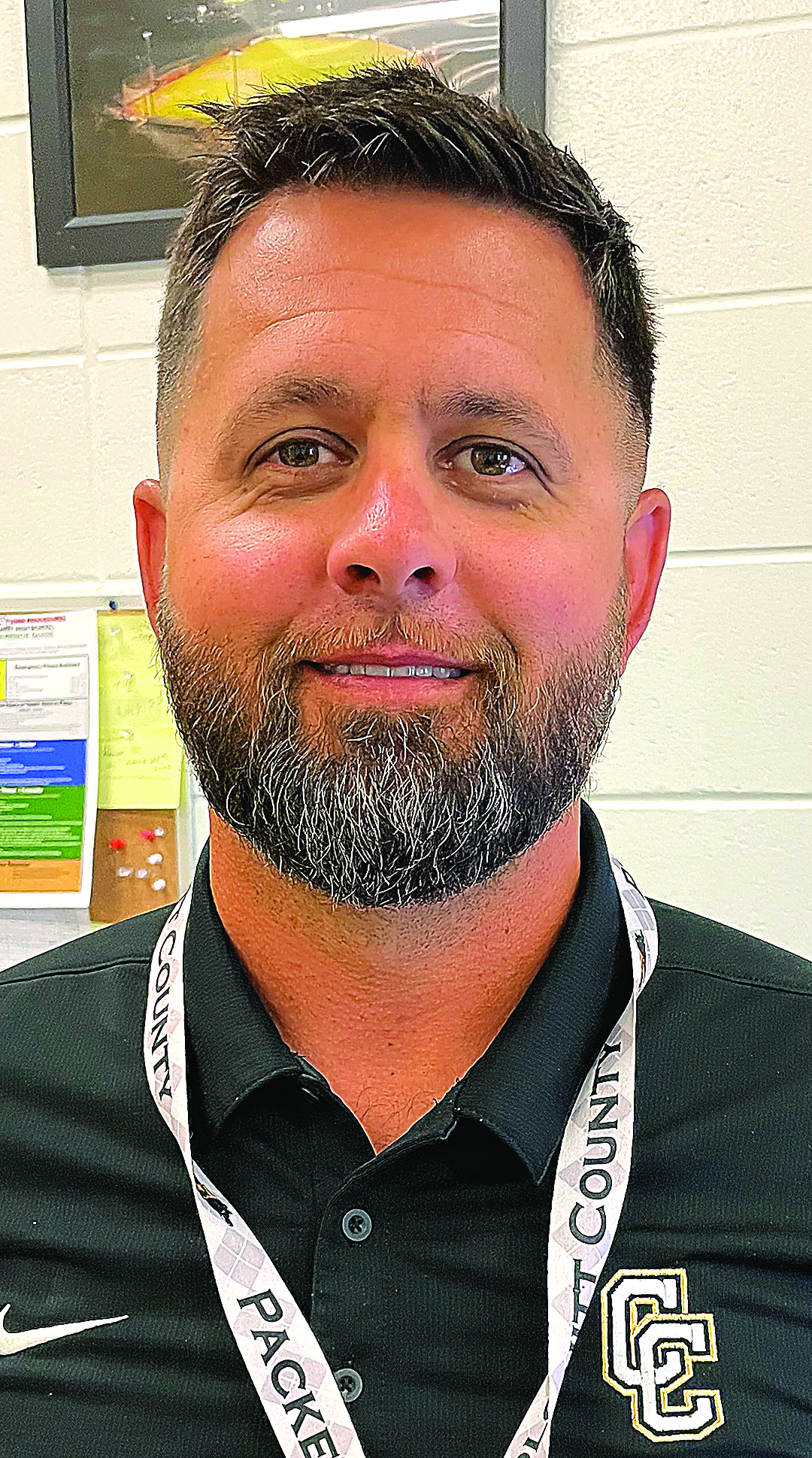Returning to say “Thanks”
Published 11:23 pm Thursday, November 27, 2008

- Michael Helms
Luke’s gospel records a story of Jesus healing 10 men who had leprosy. Lepers were outcasts in Jesus’ day. They lived in colonies away from the population. Therefore, this group of men stood at a distance and called out in a loud voice, “‘Jesus, Master, have pity on us!’ When he saw them, he said, ‘Go, show yourselves to the priests.’ And as they went, they were cleansed.” Luke 17:13-14
Luke records that of the 10, only one of the healed lepers came back to give Jesus thanks — and he was a Samaritan (v.16).
Samuel Leibowitz, a brilliant criminal lawyer, saved 78 people from the electric chair; not one thanked him. Art King had the radio program, “Job Center of the Air.” He supposedly found jobs for 2,500 people, of whom only 10 ever thanked him. An official of the post office, in charge of the Dead Letter Box in Washington, D.C., reported one year that he had received hundreds of thousands of letters addressed to “Santa Claus” asking him to bring many things, but after Christmas, only one letter came to the box thanking Santa Claus for bringing the toys asked for.
Jesus healed 10 men of leprosy; only one returned to thank him. I’ve often wondered why the other nine didn’t return. Here are nine possibilities.
The first leper knew Jesus extremely well. They were friends since childhood. He was so familiar with Jesus that he knew Jesus would know he was thankful to be healed without being told, so he didn’t return.
In 1918 Sgt. Maj. Robert S. MacCormack saved the life of his commanding officer, Maj. Harry D. Parkin, on a battlefield in France. Every year thereafter, he received a letter thanking him for saving his life. Even if we know that others are grateful, we should still practice being grateful.
The second leper expected Jesus to heal him because that was Jesus’ job. He was a healer, after all. Even when someone does something for us that is expected we should be grateful.
A man once attended a banquet and as the waiters went around serving the coffee, they twice passed him by. Others were served, but not this man. He stopped a waiter, finally, and asked for coffee. “Mister,” the waiter said, “if you want coffee, you’ve got to turn up your cup. We only give to those who have turned up their cups.” Some of us come to Thanksgiving with our cups turned down.
The third leper didn’t return because he was angry with God that he contracted leprosy in the first place.
Will Rogers was right when he said, “In the days of our founders, they were willing to give thanks for mighty little, for mighty little was all they expected. But now, neither government nor nature can give enough but what we think it’s too little. Those old boys in the fall of the year, if they could gather in a few pumpkins, potatoes and some corn for the winter, they were in a thanking mood. But if we can’t gather in a new Buick, a new radio, a tuxedo and some government relief, why, we feel like the world is against us.” As usual Will was right on target then and even today.
When the fourth leper found out that the Samaritan was going back to thank Jesus, he decided not to because Jews didn’t lower themselves to the same roles as Samaritans. As lepers, the men were on the same level, but once Jesus healed the Jewish man, he thought more of himself than he ought to have. It takes humility to be thankful.
One leper left to take revenge on those who exiled him from his home and from the city. With revenge in his heart there was not enough room for a thankful spirit. This leper forgot that it is written, “It is mine to avenge; I will repay,” says the Lord. Romans 12:19b (NIV)
The sixth leper returned to his family to reclaim his business. He was so focused on his material possessions that he hardly paused to think that the enjoyment of them and the acquiring of them would not have been possible without his healing from Jesus.
Abraham Lincoln once said, “We have forgotten God. We have forgotten the gracious hand which preserved us in peace, and multiplied and enriched and strengthened us, and we have vainly imagined, in the deceitfulness of our heart, that all these blessings were produced by some superior wisdom and virtue of our own. Intoxicated with unbroken success, we have become too self-sufficient to feel the necessity of redeeming and preserving grace, too proud to pray to the God that made us.”
The seventh leper said, “What a stroke of luck!” He believed he happened to be in the right place at the right time. Those who believe in luck only thank their lucky stars.
The eighth leper went immediately to begin the good work of trying to get laws changed which forced lepers to live in colonies. His work was important and noteworthy. However, the doing of one good thing never excuses the oversight of not doing the right thing.
The ninth leper intended to thank Jesus. He was grateful for what Jesus did, but he got busy talking with all of his old friends. He attended several parties in his honor. By the time he had some free time, he discovered that Jesus had already left the area. He had good intentions, but little good they did in letting Jesus know the depth of his appreciation for being healed.
As we celebrate this Thanksgiving season, which of these healed lepers most represents your attitude of gratitude toward the Lord of the heaven and the earth?
The Rev. Michael Helms is pastor of Trinity Baptist Church in Moultrie.





